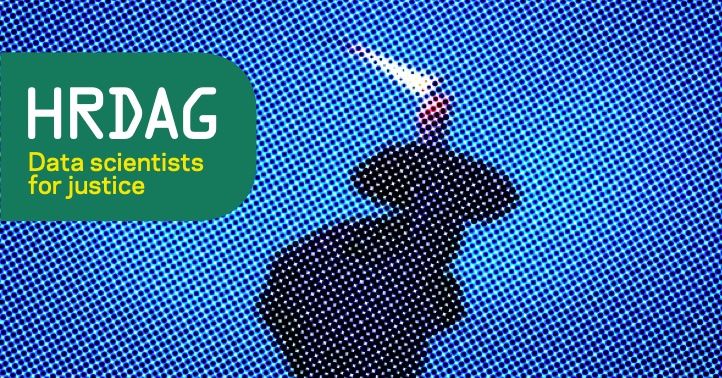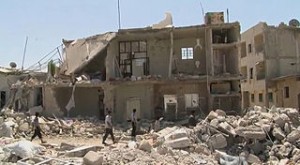Seeking the Truth with Documentation
The need to establish the truth around events is central to goals of transitional justice, particularly securing accountability, establishing legitimate and effective justice mechanisms, and laying the foundations for a peaceful society.
Documentation to provide verifiable and widely accepted accounts of such events is a critical component of establishing this truth, or the multiple truths that may exist for a population. It is difficult to overstate the important role of documentation in transitional justice efforts. If some of what follows sounds familiar, echoing points of previous posts, it is no coincidence. Documentation, in a word, is the foundation for any of the potential transitional justice processes that may be implemented in Syria.
It is useful to recognize that in the context of truth-seeking, there may in fact be many different truths. Court cases and high-level prosecutions, for instance, are typically concerned with truth only insofar as it relates to culpability. Arguments are made explicitly in opposition to one another, not necessarily for larger purposes of gathering or presenting the maximum amount of information. Only facts that can be established by the specific legal rules governing admissibility can be heard in a trial, and in our experience, these rules can profoundly distort the truth. In contrast, truth-seeking efforts in post-conflict contexts often begin with the assumption that there may be many different truths, some of which have likely been obscured, hidden, or simply not shared.
Documentation, therefore, serves as a critical starting point for truth-seeking efforts. The information, data, and records uncovered and preserved through documentation efforts can be useful and necessary. Specifically, such information and data can point to certain areas of concern, outline preliminary facts to be further investigated, raise important questions, and most concretely, support later truth-claims with evidence that is widely viewed as credible.
While seemingly obvious, there is a real danger that data can be lost or destroyed by accident or on purpose. Acquiring this documentation and storing it securely is therefore of the utmost importance, and this should continue to warrant public and programmatic attention. The collection of documentation “meta-data” is directly related to this process. Metadata is the information about the data and the information that can be extracted from the data itself. It is therefore is the key to understanding what the data says and how it may be used for transitional justice processes. Metadata that answers the following questions is especially useful: where did the documentation come from, how was it transported, how was it secured, what technology was involved in storing and encoding the documentation, was the data duplicated, and who has had access to the documentation? Being able to answer such questions reliably can improve the chances that the data can be used to make plausible inferences about a particular event or set of circumstances. Answers to these questions can also contribute significantly to the transparency of the documentation process and any subsequent truth-seeking mechanisms.
Data comes in many different forms. It is important that documentation and truth-seeking efforts take into account the gaps, technical failings, and biases that may come with each piece of information. Videos and testimony taken from social media, for instance, can greatly inform truth-seeking efforts in Syria. At the same time, however, it will also be critical to consider the quality of the information, whether it can be verified, and what groups or individuals are associated with it. In addition to asking who discovered or produced certain documentation, it is also necessary to ask who is not being represented in this or other documentation. By identifying such gaps, documentation can highlight potentially valuable areas of focus for next steps in truth seeking. Documentation importantly serves a double-purpose of providing the primary source of information upon which facts can be established, while also identifying useful questions for future truth-seeking efforts yet to come.
Documentation is well underway in Syria, and it is reassuring that groups and individuals undertaking serious efforts to collect and preserve data are asking many of these questions and attempting to navigate the associated challenges. In thinking about this ongoing work, there are a number of best practices that can help to maximize the value of documentation for truth-seeking processes. These include preserving and securing documentation, recording relevant meta-data, and identifying gaps to take steps to ensure recognition of the widest possible range of experiences or “truths.” The continued commitment by individuals and groups to document events in Syria, and attention to the best practices discussed above, will go a long way towards supporting legitimate truth-seeking efforts in the future.
This blogpost appeared originally on January 23, 2014, on the website of the Syrian Justice and Accountability Centre. The full 11-page memo is available here.
[Creative Commons BY-NC-SA, including image] [Photo: Voice of America News, 2012]

